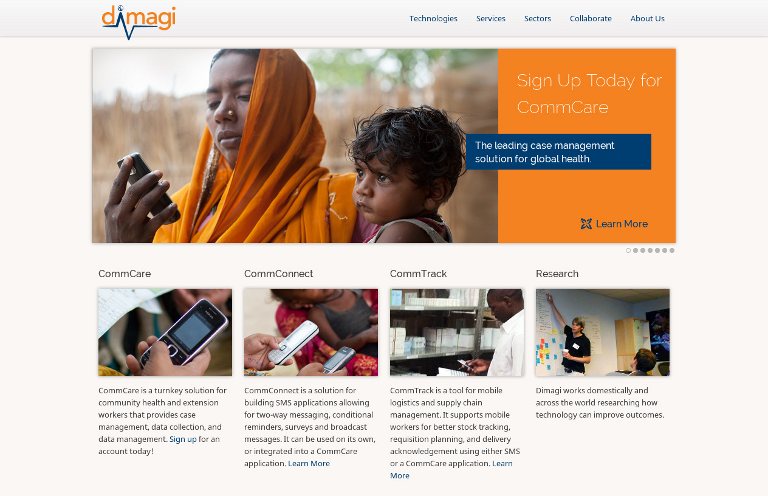Nearly a billion people in underprivileged countries live in extreme poverty. In these populations, almost 10% of infants die during their first year. Maternal mortality is so high in some countries that women have a 5% risk of dying during childbirth alone. The onset of labor marks a moment of happiness in wealthy countries, but for these women it is the start of a high-risk period that does not ease until at least 48 hours after birth. During this short two-day window, 150,000 maternal deaths, 1.6 million neonatal deaths, and 1.2 million stillbirths occur each year. Most of these deaths are due to poor service provision and lack of access to healthcare. However, the global health community does not lack guidelines for improving maternal health. There are largely agreed upon interventions for every stage of maternal care that have been proven to be effective. Many countries’ health systems have started to increase their focus and resources on supporting community health programs and Community Health Workers (CHWs) as a method to improve the delivery of these known, proven interventions.
Jonathan Jackson, an MIT graduate with extensive health technology expertise and Vikram Kumar, an engineer and pathologist who developed one of the earliest video games for health on a wireless mobile device paired up. Together, they created Dimagi with the aim to apply open-source and scalable technology to improve community health programs across the world. Dimagi designed CommCare, an mHealth platform for Community Health Workers that takes an evidence-based approach to improving access, quality of care, and accountability. CommCare transforms the conventional practice of a CHW manually filling paper registers and carrying large flipbooks. Each CHW is equipped with an inexpensive phone running the open-source software; and he registers clients using electronic forms that are designed for low-literate users. During home visits, CommCare aids a CHW with real-time guidance through key counseling points and decision support. Images, audio, or video clips that the CHW use to engage their clients improve counseling points. Dimagi has found multimedia to be universally popular among both CHWs and clients, and there is strong evidence that recorded audio improves the persuasive power of health messaging. CommCare also submits visit data in real-time to its central cloud server, CommCareHQ, where it is privacy-protected, backed up, and immediately made accessible to supervisors and program managers. Finally, Dimagi has a three-tiered pricing system differentiated by ability to pay and level of on-going IT support required. To date community health workers have registered 60,000 patients across thirteen countries. Multiple studies have demonstrated improvements in the frequency, quality, and thoroughness of care that community health workers using CommCare provide to pregnant women.
 Website: http://www.dimagi.com/
Website: http://www.dimagi.com/










